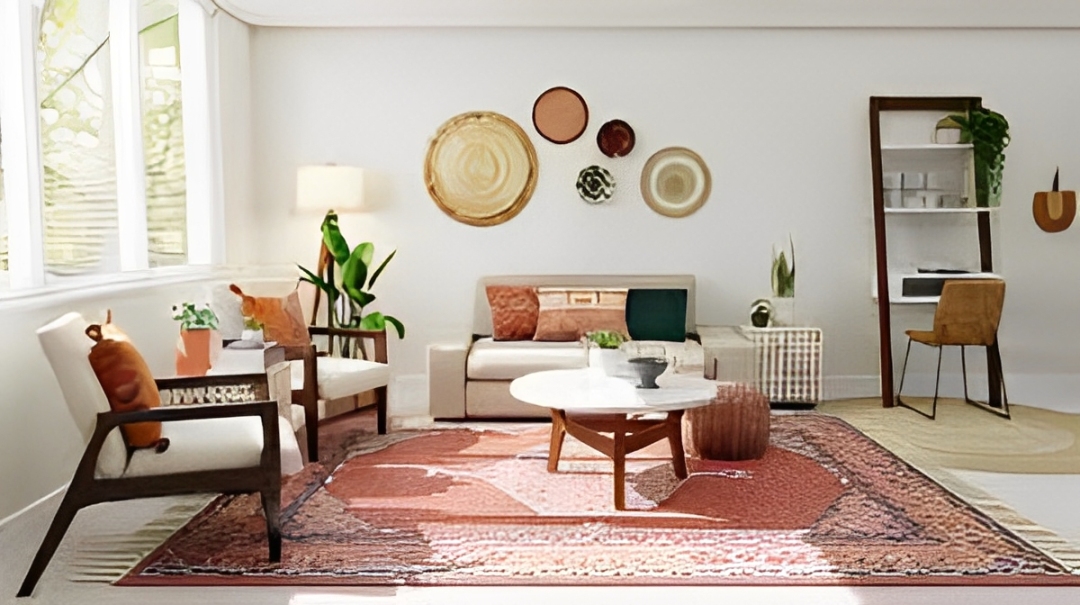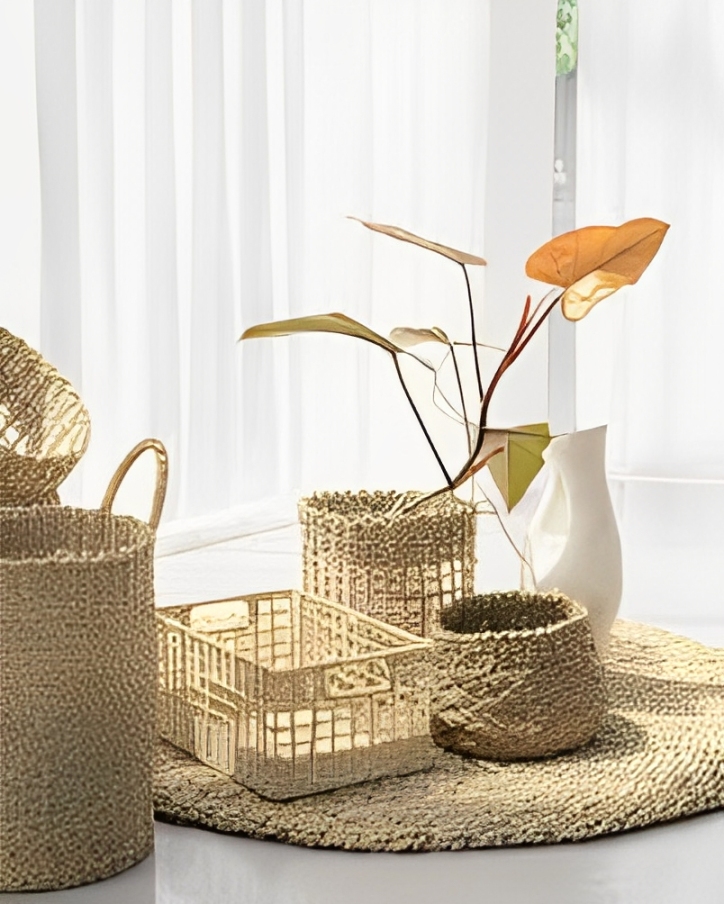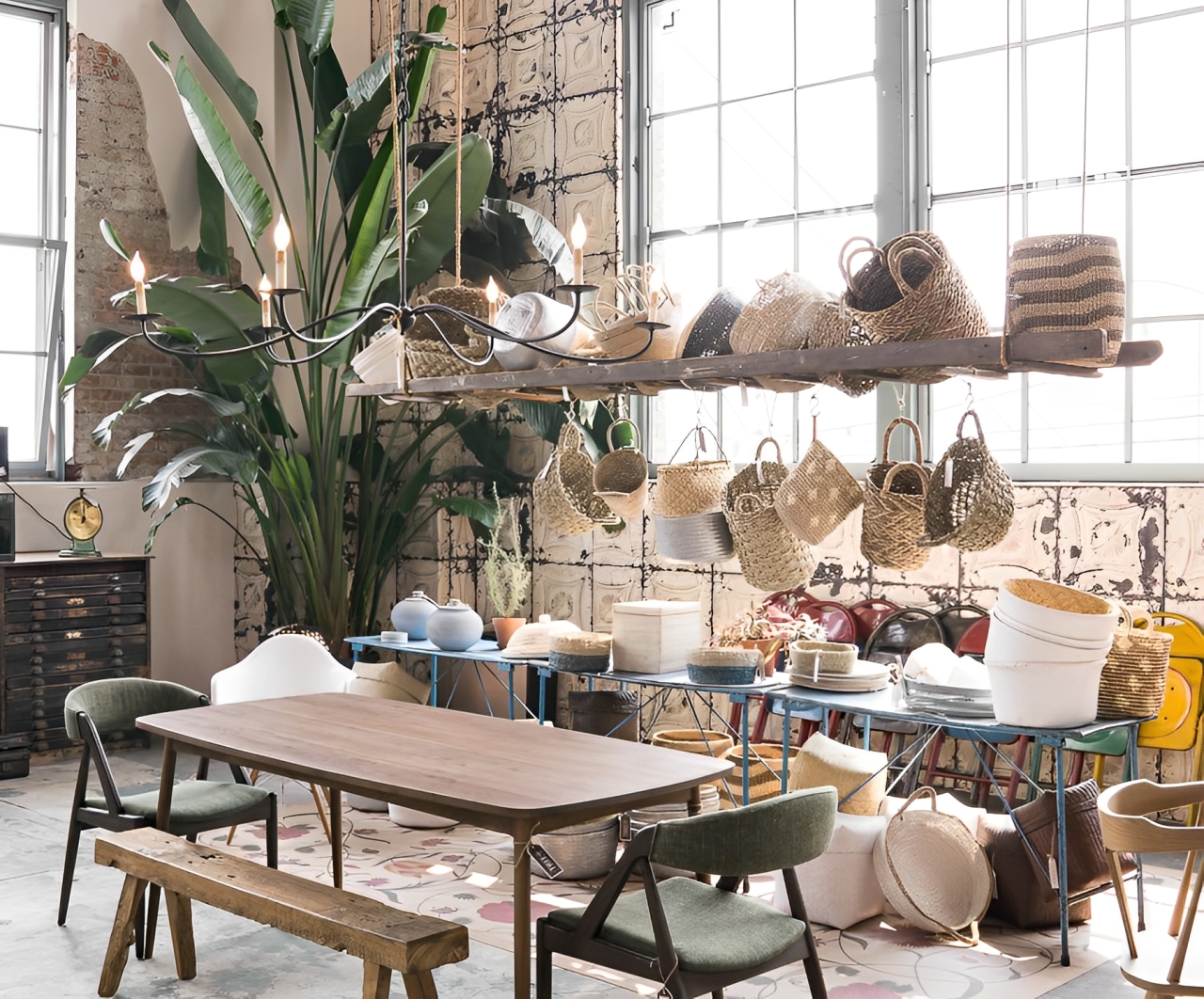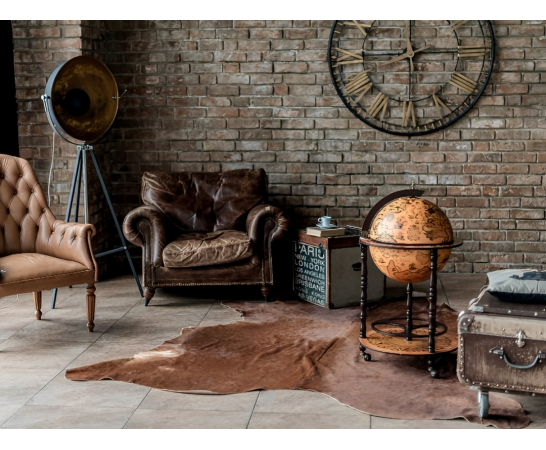As homeowners and designers embrace mindful living, there is a growing focus on sustainable and handcrafted decor. Artisanal craftsmanship, vintage finds, and eco-friendly materials are increasingly important in modern interiors, offering both authenticity and sustainability.




Balancing textures, patterns, and spatial planning can be challenging. A professional interior designer ensures a cohesive look, functional layout, and aesthetic harmony while avoiding clutter.
The growing preference for artisanal decor, vintage finds, and eco-friendly materials reflects a move toward mindful, responsible interior design. Handcrafted pieces add personality and warmth while supporting sustainability and ethical craftsmanship. By incorporating sustainable decor, homeowners can create stylish, conscious spaces that blend tradition with modern aesthetics.